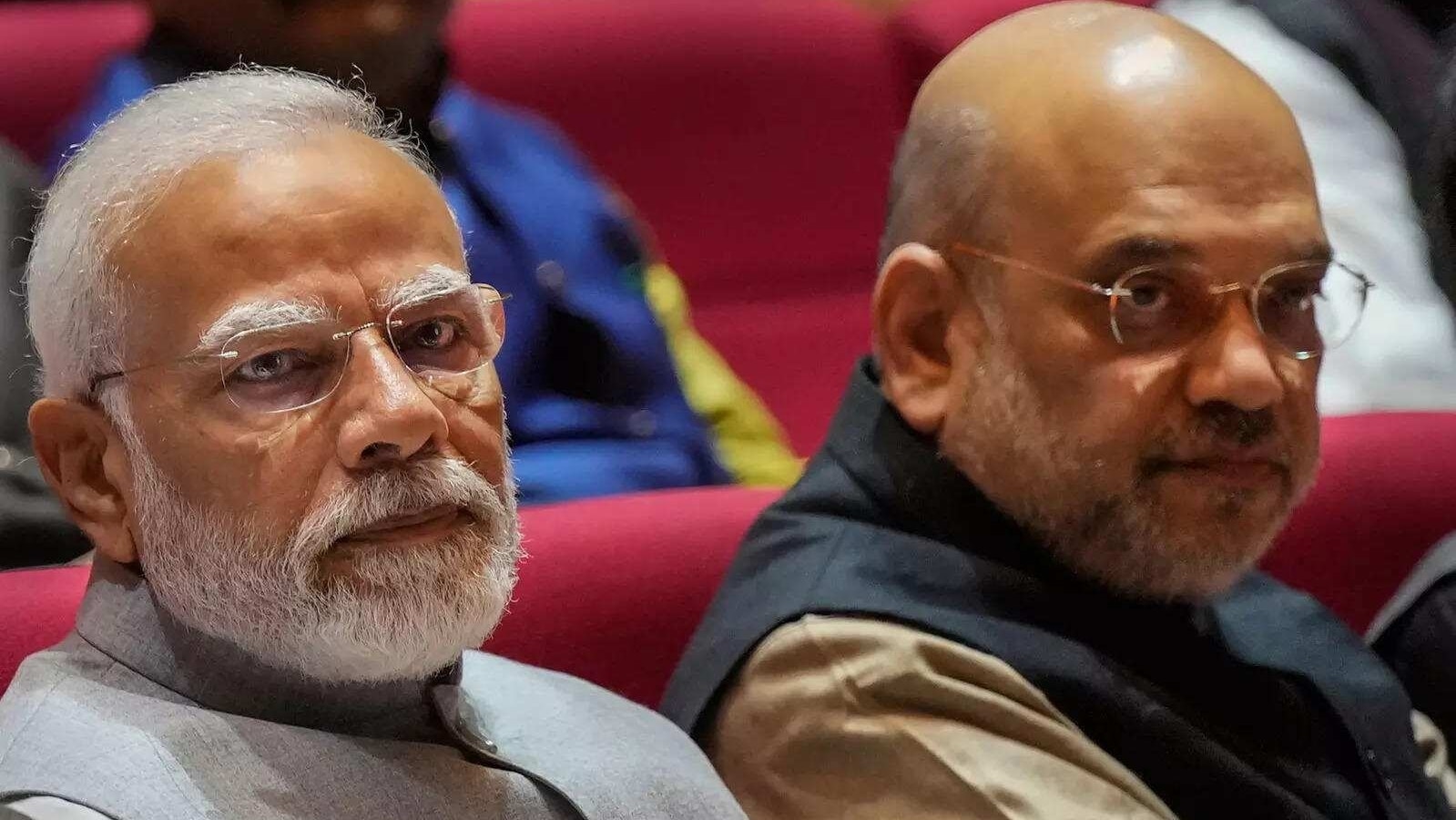VP Election After Dhankhar’s Exit: Overwhelming Numbers on PM Modi’s Side as Opposition Seeks Political Leverage
With the sudden resignation of Vice President Jagdeep Dhankhar on Monday, the process to elect his successor has formally begun. The Election Commission of India has initiated the groundwork, including preparation of the electoral college and finalisation of returning officers.
While the resignation raised eyebrows in political circles, the arithmetic ahead of the vote paints a clear picture--Prime Minister Narendra Modi’s government is in no danger of losing the post.
 |
| Image Source: Hathyogi on X |
The election to the office of Vice President must be conducted “as soon as possible,” as per Article 68(2) of the Constitution.
Though the law allows up to six months, the Commission is expected to move swiftly. In the meantime, Rajya Sabha Deputy Chairman Harivansh will preside over the Upper House, but without the authority or stature conferred by the Vice President’s role.
Once elected, the new Vice President will begin a fresh five-year term, irrespective of how much time was left in Dhankhar’s tenure.
The electoral college for the Vice President's election comprises members of both Lok Sabha and Rajya Sabha, including nominated members.
With the current combined strength at 786 and six seats vacant, the halfway mark stands at 394 votes. On paper, the BJP-led National Democratic Alliance has more than enough.
The NDA holds 293 MPs in the Lok Sabha and 129 in the Rajya Sabha, factoring in its allies and nominated members.
That brings the ruling bloc’s projected tally to approximately 422 votes--well above the required majority. Even if there is cross-voting or minor abstentions, the margin is wide enough to guarantee a win.
Yet Dhankhar’s exit has offered the Opposition a timely opportunity to frame a larger narrative. From claims of ministerial snubs during key meetings to whispers of institutional disregard, the INDIA bloc has amplified its calls for scrutiny.
The debate is less about succession and more about the environment in which the resignation occurred.
Congress and its allies are also using the moment to sharpen their offensive on other fronts. Demands for restoration of Jammu and Kashmir’s statehood, questions over the Pahalgam attack and Operation Sindoor, and criticism of delayed parliamentary debates have all found renewed urgency.
The resignation has become a convenient anchor to link these diverse issues and underline what the Opposition calls a pattern of democratic erosion.
However, for the Modi government, the Vice Presidential election is far from a political cliffhanger. The numbers are steady, the Opposition fragmented, and the process largely procedural.
While some may interpret Dhankhar’s exit as a crack in the establishment, the electoral outcome remains predictable.
What’s clear is that the Vice Presidential election is unlikely to challenge the government’s authority in any tangible way. But in a season of optics and messaging, the Opposition appears content using every turn of events--including Dhankhar’s departure--as a platform to reset its voice within and beyond Parliament.
